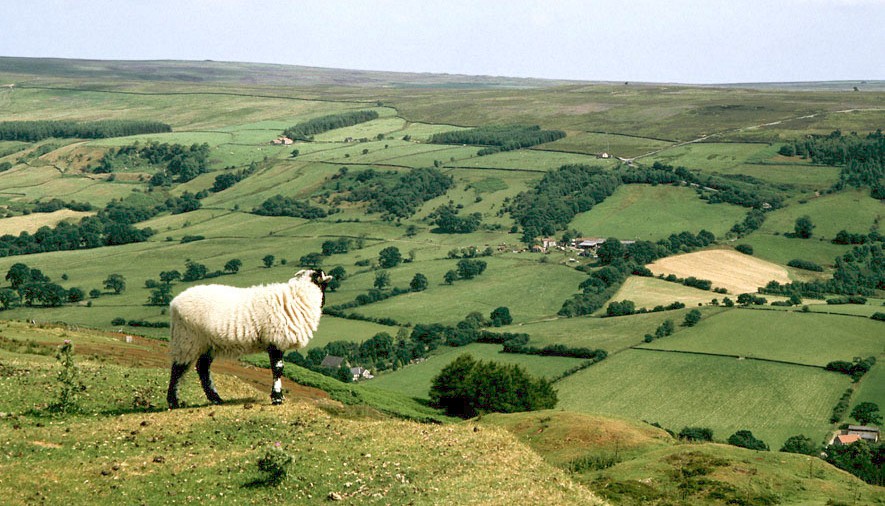Be not afeared, the Dales are full of noises.
Welcome to Yorkshire, a county unparalleled in terms of its natural beauty. Don’t believe me? Well, you must have missed BBC Four’s ‘All Aboard! The Country Bus’, a show that consisted solely of uninterrupted footage from a two-hour real-time bus journey across the Yorkshire Dales, drawing 973,000 viewers, according to overnights.tv.
Yorkshiremen, due to their region’s plaudits and favourable portrayals are often rightly or wrongly caricatured as excessively proud and almost boastful of this Yorkshire exceptionalism. Yet in terms of sporting successes, it would be hard to argue with these supposed Yorkshire triumphalists. Five golds, five silvers and four bronzes would have ranked Yorkshire a staggeringly high seventeenth in the overall Olympics medal table this summer in Rio. The region was placed higher than Canada, Argentina, South Africa and New Zealand. This humiliation will almost certainly cause financial turmoil in Toronto and Buenos Aires, as the seismic impact of fictional medal tables takes its toll on the global economy.
Aside from sporting triumph, Yorkshire also enjoys a deep history and culture, home to the likes of the Henry Moore institute and Brontë sisters Parsonage, where visitors can immerse themselves in the world and work of some of Britain’s most revered artistic and literary figures.
Though his accent now sounds more like it’s been inherited from the son of a Californian librarian and Wheezy the penguin, Alex Turner and the Arctic Monkeys are products of Yorkshire, with the region also producing giants such as Pulp and the legendary Alt-J.
Unfortunately, seamlessly slipping into life within this hotbed of historical talent and culture is far harder than it may seem. Arriving in Leeds from afar is a strange and unparalleled experience. For some first year students, driving up from a leafy suburban commuter town, Yorkshire may seem like a different country.
For some Yorkshiremen and women, Yorkshire should in fact be a different country. Yorkshire’s politics and identity is more complicated than many of the country’s other regions, and aside from the food, culture, weather, footballing success, and language – Yorkshire and Catalonia could be likened in terms of regionalist sentiment.
But, as surprised as you might be, Yorkshire separatism is not a huge force. Nevertheless, the Yorkshire Party, a separatist party that campaigns for the devolution of powers to the region, gained 479 votes in the Morley and Outwood seat in the 2015 election. This haul may not seem sizable, but when you consider that it was 55 votes larger than the 424-vote margin that cost Ed Balls victory in the seat – Yorkshire regionalism has arguably already had national impact.

Admittedly, it is unlikely that this small group would all have voted for Labour if the Yorkshire Party had not existed, but its impact on this year’s Strictly Come Dancing contest is horrifying for all to see.
To an outsider, it is often difficult to understand Yorkshire’s internal relations and its regional complexities. This is perhaps best exemplified by David Cameron’s off-camera remark in the build up to the 2015 general election. ‘We just thought people in Yorkshire hated everyone else, we didn’t realise they hated each other so much?’ he mumbled in perfect confusion.
And Cameron was right – Yorkshire is not a case of happy families. There seems to be, unfortunately for the city of this university and paper, a severe aversion towards Leeds, from pretty much all other corners of Yorkshire:
Why does it always rain on Leeds?
Leeds sits alone in the disparate house of Yorkshire, distant from all its closest relatives, wondering what it ever did wrong. The university is safe in its ivory tower above the isolated city, but the world beyond the pale is a dangerous place – even the bus rides have to take place from inside our living rooms.
Dominic Johnson
Newspaper Associate Editor



